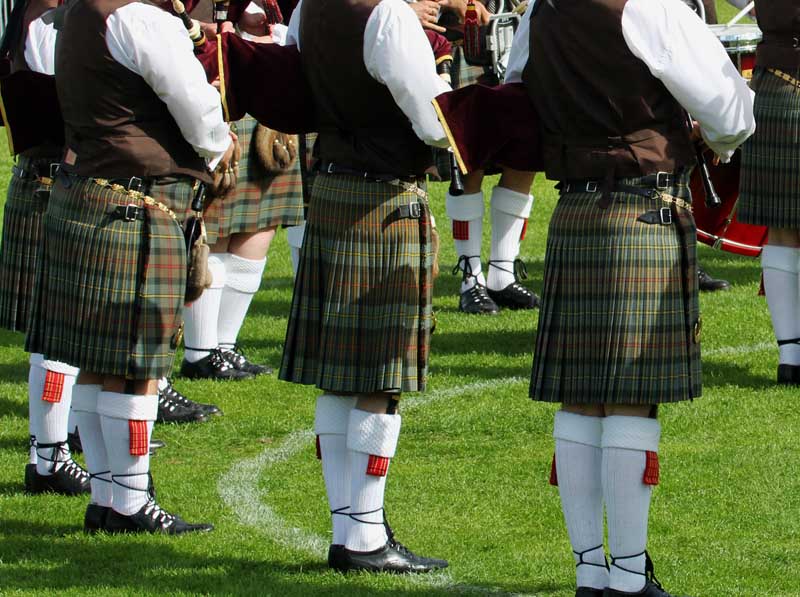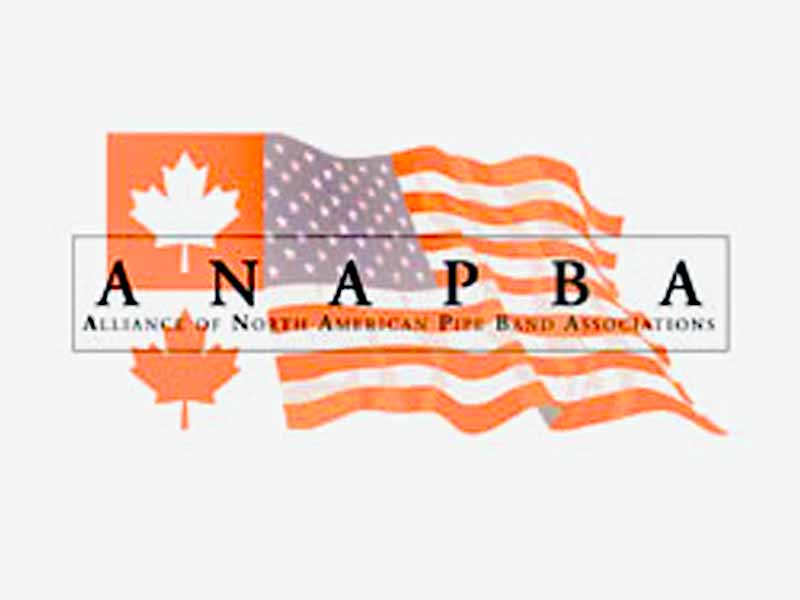Opinion: Only home associations should grade their members
Editor’s note: pipes|drums welcomes all fair perspectives and opinions. Sharing information and constructive dialogue is at the heart of the publication. Like all who live in a fair democracy, free speech and the free exchange of ideas are central to progress. Our competitive art can move forward only by asking questions, listening to answers, respecting opinions, and forming ideas.
Please let us know if you have an opinion that you would like to express fairly in an editorial. We are always pleased to hear from our readers.
 Competition organizers have every right to manage their competitions fairly, and that includes ensuring that every competitor’s playing ability is within the grade’s standard.
Competition organizers have every right to manage their competitions fairly, and that includes ensuring that every competitor’s playing ability is within the grade’s standard.
If a competitor applies to enter an event, for their sake and that of their fellow competitors, they should be able to meet the minimum grade standard. If they exceed the grade standard, it should be only marginally; if they’re below the standard, apart from wasting their time and that of the judges, it’s not that big a deal.
A piper, drummer or band competing in the incorrect grade is no good to anyone, but it happens simply because our events are almost entirely subjectively judged. What’s essential to one adjudicator might be less important to another. We actually encourage that subjectivity, especially when it comes to the music itself, as we strive to evolve the art.
What competition organizers have no right to do is re-grade a band, solo piper or solo drummer who is not a member of their association. Since competing at the World Pipe Band Championships has exploded in popularity over the last 25 years as a bucket list activity with many bands, the Royal Scottish Pipe Band Association has felt it necessary to re-grade non-member bands.
Interfering with the grading decisions of established associations, which work hard to ensure that their events meet world standards, wrecks confusion on the scene. Re-grading non-member competitors is arrogant and anti-diplomatic, as if to say, “You obviously don’t know what you’re doing, so we’re going to do it for you.”
The World Pipe Band Championships have become not simply a competition but a test of meeting the grade, often in one four-minute performance. RSPBA-member bands compete several times over a season and have several opportunities to prove they make the grade.
RSPBA-member bands are rarely, if ever, re-graded after the first RSPBA competition of the year. Their results are considered throughout the season, and only in September will the association’s grading committee decide based on the year’s totality. A bad performance at the World’s might be an outlier, so they’re spared being downgraded.
Any association sanctioning a competition has the right to advise a competitor who they believe is entering the incorrect grade for their playing ability. What competition organizers have no right to do is re-grade a band, solo piper or drummer who is not a member of their association.
Not so with “overseas” bands. A poor performance at the World’s, or a few judges having a bad day, could result in a non-RSPBA-member band being downgraded, throwing the band and its association into a state of confusion.
Again, any association sanctioning a competition has the right to advise a competitor who they believe—based on first-hand knowledge—is entering the incorrect grade for their playing ability. This happens frequently with lower-grade non-UK bands who are simply, for example, Grade 3 with their home association, which doesn’t split their grades. Uncertain, they might enter Grade 3B at the World’s.
The RSPBA then considers whether they are Grade 3B or better suited for Grade 3A or even Grade 4A and advises accordingly. This allows the band and their home association enough time to accept or appeal the decision and, if necessary, prepare different material required for the grade or choose to save money and stay home.
But suppose a band, piper or drummer from another association competes at an event, and it turns out after the fact that they either exceeded or didn’t meet the required standard. In that case, the association should express concern to the contestant’s home association.
The other association can then reconsider its decision and, if necessary, work with the member band/piper/drummer to ensure they’re correctly graded at home. If this is a persistent problem with other competitors, the association should consider recalibrating its grading standards, measured against those of the RSPBA or other associations.
If the contestant enters the same incorrect grade at the World’s the following year, the RSPBA has the right to advise that they choose a different grade, work with their home association to appeal the decision or withdraw their entry.
In 2005, the then-RSPBA chairman, on behalf of his organization, committed to North American Pipe Band Associations to stop re-grading non-RSPBA-member bands at an Alliance of North American Pipe Band Associations (ANAPBA) summit. That commitment has not been upheld. We’ve expressed our opinion on this a few times before, but clearly, it bears repeating.
Practicing diplomacy and working together would serve everyone far better than arrogantly forcing grading decisions on visiting competitors and their associations.
What do you think? We welcome your thoughts—attributed or anonymous—via our Comments feature below.








I don’t see how it is in any way fair to regrade a band downwards based on one outing in an environment far removed from the bands usual competition habitat.
So, a band is Grade 1 , legitimately , in their home association. They compete successfully in that grade against other grade 1 bands in their country. They spend money to compete in the WORLD championships and one other Scottish competition and promptly get down graded by the RSPBA after 2 events on unfamiliar turf. Something is not right. If the EUSPBA and other North American associations do not hit back hard they are 1) admitting they do not know how to grade bands 2) they are not being fully supportive of their association members. Imagine , if you will, a Scottish band coming over to compete in Grade 1 in the U.S. , doing poorly for whatever reason ( long travel, extreme conditions etc) and promptly being downgraded for future US competitions. How would that fly?